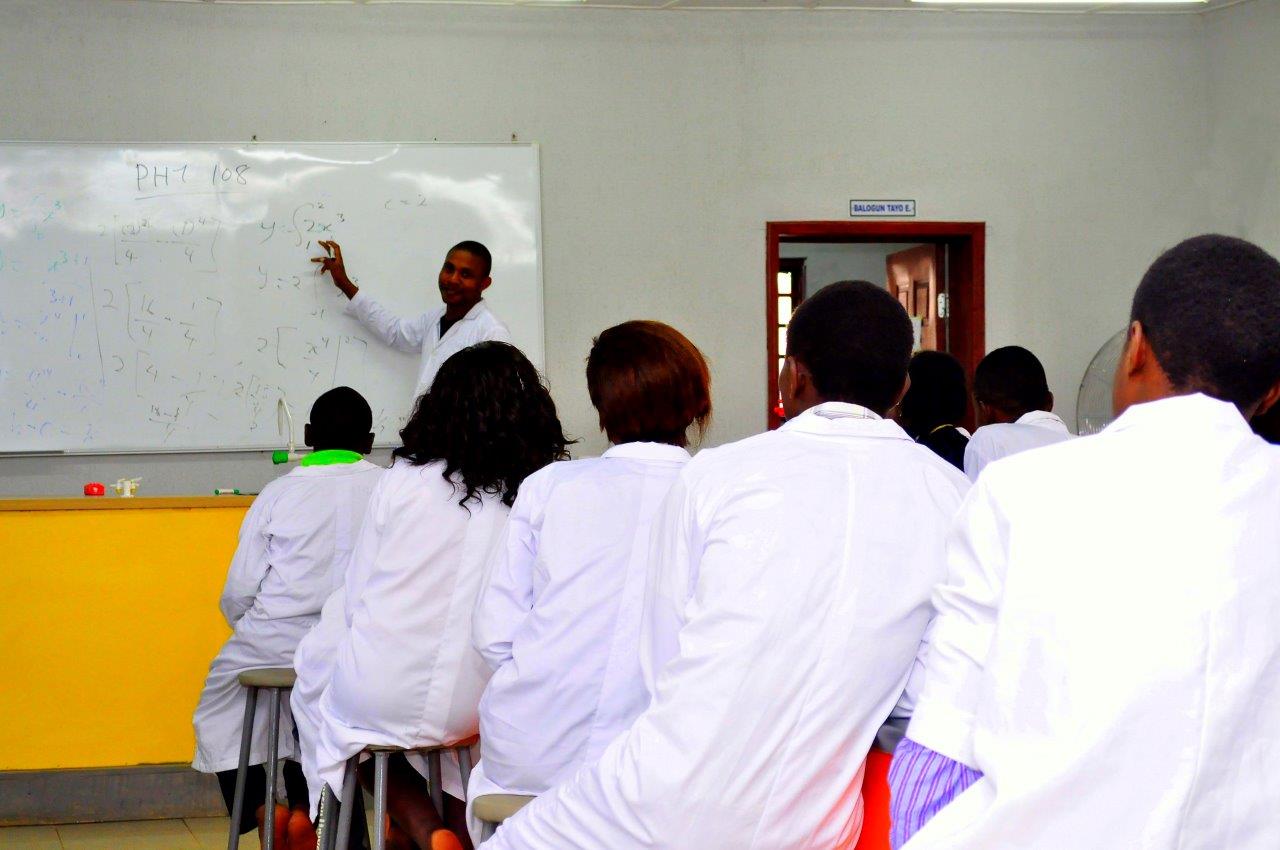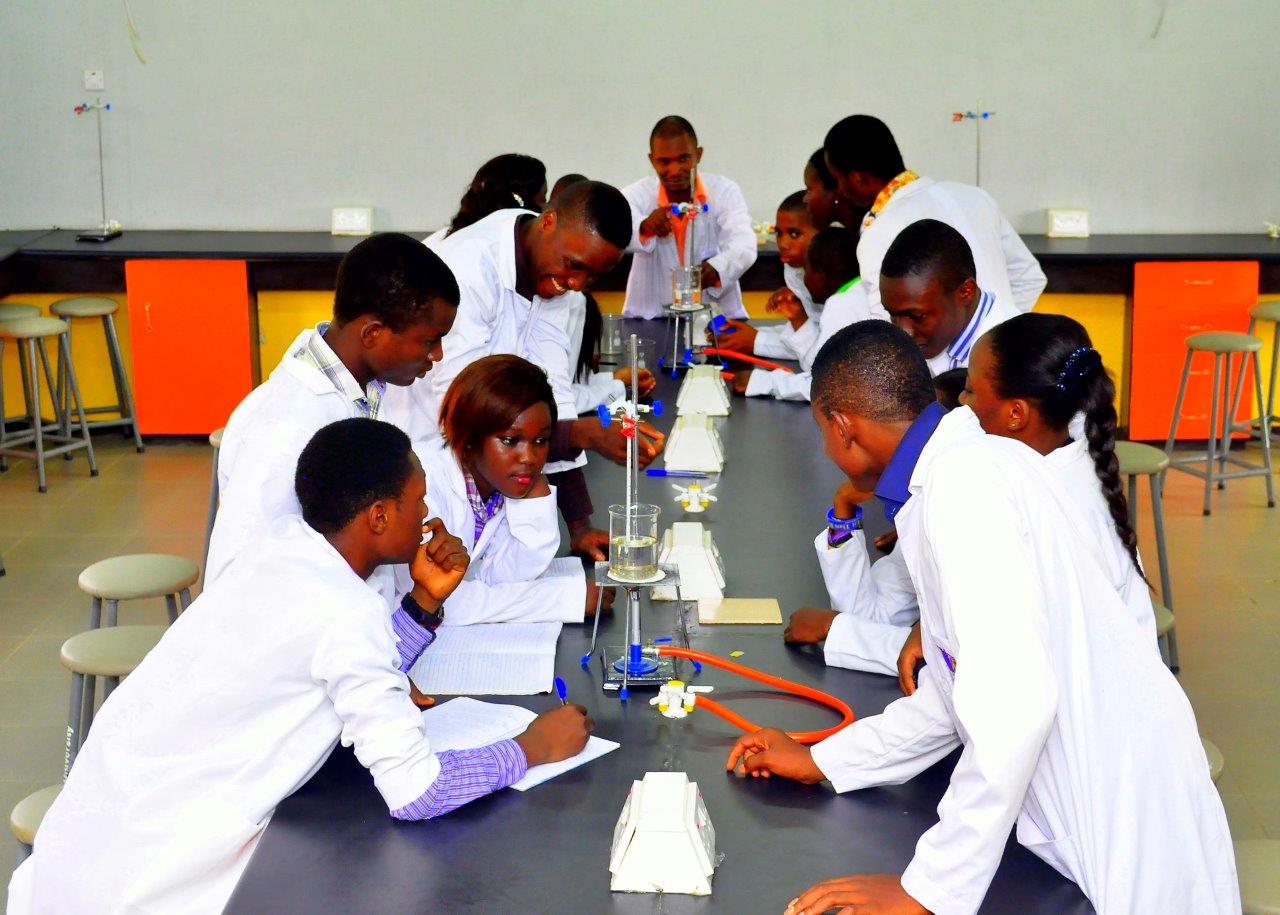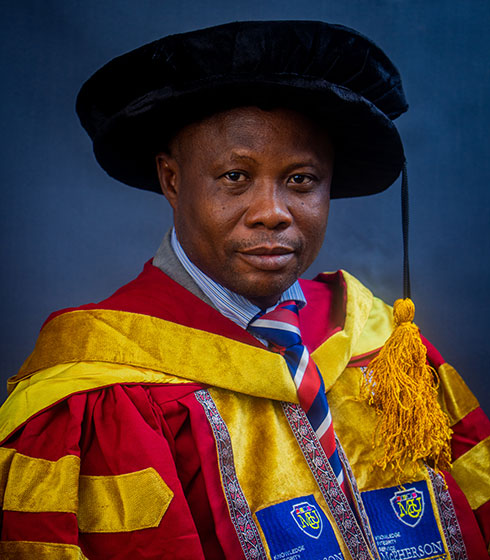With great delight and adoration to God Almighty, I warmly welcome staff and students in the College of Natural & Applied Sciences to this new academic session accompanied with a guarantee that, with their cooperation, the session will be successful, enjoyable, and tranquil. I seek assistance from academic staff and students to ensure that the session is the most memorable in terms of academics, socials, and spirituality.
The College of Natural and Applied Sciences (COLNAS) among other colleges from inception of the University started academic activities on October, 2012 with sixteen students and three Departments, namely; Biological Sciences, Physical & Computer Sciences and Chemical Sciences. Presently, College of Computing was carved out leaving following programmes namely, Biochemistry & Molecular Biology; Microbiology; Biotechnology, Industrial Chemistry, Industrial Mathematics and Physics. These programmes are currently run on full and part time basis and are all approved by National Universities Commission (NUC) with crop of eminent scholars, committed and highly motivated staff.
The objective of the college is to provide students with the necessary knowledge and skills in the natural and applied sciences in order to meet nation’s demand for graduates in the areas of biochemical and microbiological sciences, cell & molecular biology, bioinformatics, computational biology, mathematical sciences, and research and development. The college concentrates its instruction in these areas. College’ students are taught in an ecofriendly and green environment with state-of-the-art laboratories, workshops, and modern technological facilities, interactive teaching/learning facilities to impart knowledge and enhance research activities. COLNAS has been engaging in interdisciplinary research collaborations within and outside. It facilitated establishment of ‘Think Tank’ research group across the University community for grants awards. Several publications have been published by members of academic staff in various high impact journals both nationally and internationally. College seminar series is being organized at least once in a session to heralds its path findings research outcomes to the University community and environs. There are students’ associations and literacy group within the College that enable students to find expression towards social living.


